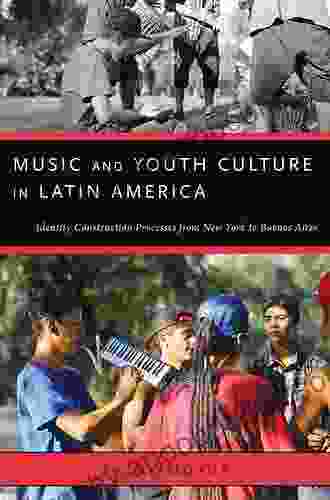Music And Youth Culture In Latin America: Identity Construction Processes From New York To Buenos Aires (Currents In Latin American And Iberian Music)

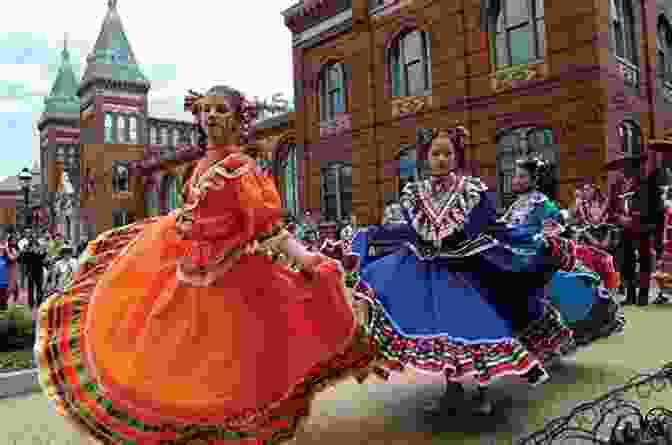 Music and Youth Culture in Latin America: Identity Construction Processes from New York to Buenos Aires (Currents in Latin American and Iberian Music) by Alex Quigley
Music and Youth Culture in Latin America: Identity Construction Processes from New York to Buenos Aires (Currents in Latin American and Iberian Music) by Alex Quigley4.8 out of 5
Language : English File size : 3616 KB Text-to-Speech : Enabled Screen Reader : Supported Enhanced typesetting : Enabled Print length : 304 pages Lending : Enabled
4.8 out of 5
| Language | : | English |
| File size | : | 3616 KB |
| Text-to-Speech | : | Enabled |
| Screen Reader | : | Supported |
| Enhanced typesetting | : | Enabled |
| Print length | : | 304 pages |
| Lending | : | Enabled |
Music holds a profound influence on the lives of young people worldwide, and in Latin America, its impact is particularly significant. In a region known for its vibrant musical heritage and diverse cultural traditions, music plays a central role in shaping youth identities, fostering community, and driving social change. This article delves into the multifaceted relationship between music and youth culture in Latin America, exploring its historical roots, cultural significance, and contemporary manifestations.
Music as a Form of Cultural Identity
Music is an integral part of Latin American culture, and for young people, it serves as a primary means of expressing and defining their identities. In a region where cultural heritage and diversity are highly valued, music becomes a powerful tool for youth to connect with their roots and assert their cultural pride. Through the rhythms, melodies, and lyrics of traditional and contemporary music, young people can explore their unique cultural identities and strengthen their bonds with their communities.
In countries like Mexico, for instance, traditional genres such as mariachi and banda music are deeply ingrained in youth culture. Young people participate in traditional dance groups, attend music festivals, and incorporate these genres into their personal style, showcasing their connection to their cultural heritage. Similarly, in Brazil, the rhythms of samba and funk have become emblems of youth identity, with young people actively participating in the creation and dissemination of these genres.
Music as a Force for Community Building
Music also plays a crucial role in fostering community among Latin American youth. In a region with a strong tradition of collective living and community engagement, music serves as a catalyst for bringing young people together. Through communal music-making, such as playing in bands, participating in choirs, or attending local music events, youth establish and strengthen social bonds.
In marginalized communities, in particular, music becomes a powerful tool for creating a sense of belonging and collective identity. Youth from disadvantaged backgrounds often turn to music as a form of self-expression and empowerment, using it to address social issues and build support networks. In the favelas of Rio de Janeiro, for example, hip-hop culture has flourished among young people, providing a platform for them to voice their experiences and aspirations while fostering a sense of community and social unity.
Music as a Vehicle for Social Change
Beyond its cultural and community-building aspects, music has also been a powerful force for social change in Latin America. Throughout history, young musicians have used music as a tool for political expression and social activism, challenging oppressive regimes, advocating for human rights, and promoting social justice.
During the 1960s and 1970s, musicians in countries such as Chile and Argentina played a vital role in the resistance against authoritarian rule. Songs of protest and solidarity became anthems for social movements, inspiring young people to mobilize and demand change. In more recent times, musicians have continued to use their platforms to address contemporary social issues, such as environmental degradation, gender equality, and economic inequality.
Contemporary Trends in Music and Youth Culture
In the 21st century, the digital age has transformed the landscape of music and youth culture in Latin America. With the advent of streaming services, social media, and music production software, young people have unprecedented access to a global repertoire of music and the means to create and share their own musical expressions.
Contemporary genres, such as reggaeton and Latin trap, have become immensely popular among youth, transcending national bFree Downloads and fostering a sense of pan-Latin American identity. Artists like Bad Bunny, J Balvin, and Rosalía have gained worldwide fame, showcasing the vibrant and diverse musical talents emerging from Latin America.
Furthermore, digital technologies have empowered young musicians to bypass traditional gatekeepers and reach audiences directly. Through platforms like YouTube, SoundCloud, and Instagram, young artists can build online communities, share their work, and gain recognition for their musical abilities. This democratization of music production has opened up new avenues for youth self-expression and has led to the emergence of a new generation of independent musicians.
The relationship between music and youth culture in Latin America is a complex and multifaceted one, deeply rooted in the region's cultural heritage and social dynamics. Music serves as a primary means of cultural identity, fostering community, driving social change, and empowering young people to express themselves and shape their societies. As technology continues to transform the musical landscape, the impact of music on youth culture in Latin America will undoubtedly continue to evolve, offering new possibilities for youth empowerment, cultural exchange, and social transformation. By embracing the power of music, young people in Latin America are shaping the future of their communities and leaving an indelible mark on the world.
4.8 out of 5
| Language | : | English |
| File size | : | 3616 KB |
| Text-to-Speech | : | Enabled |
| Screen Reader | : | Supported |
| Enhanced typesetting | : | Enabled |
| Print length | : | 304 pages |
| Lending | : | Enabled |
Do you want to contribute by writing guest posts on this blog?
Please contact us and send us a resume of previous articles that you have written.
 Book
Book Novel
Novel Page
Page Chapter
Chapter Text
Text Story
Story Genre
Genre Reader
Reader Library
Library Paperback
Paperback E-book
E-book Magazine
Magazine Newspaper
Newspaper Paragraph
Paragraph Sentence
Sentence Bookmark
Bookmark Shelf
Shelf Glossary
Glossary Bibliography
Bibliography Foreword
Foreword Preface
Preface Synopsis
Synopsis Annotation
Annotation Footnote
Footnote Manuscript
Manuscript Scroll
Scroll Codex
Codex Tome
Tome Bestseller
Bestseller Classics
Classics Library card
Library card Narrative
Narrative Biography
Biography Autobiography
Autobiography Memoir
Memoir Reference
Reference Encyclopedia
Encyclopedia Alex Nevin
Alex Nevin Ali Parker
Ali Parker Jamie Brenner
Jamie Brenner Alex Kane
Alex Kane Isabella Thorne
Isabella Thorne Ali Mcnamara
Ali Mcnamara Elizabeth Bowen
Elizabeth Bowen Alfred Edersheim
Alfred Edersheim Johnny Bush
Johnny Bush Glenda Elizabeth Gilmore
Glenda Elizabeth Gilmore Alice Goffman
Alice Goffman Richard Fernandez
Richard Fernandez Kathy Coopmans
Kathy Coopmans Ana Arjona
Ana Arjona Arkino Minus
Arkino Minus Alexander Buychik
Alexander Buychik Richard A Quantz
Richard A Quantz Alice Beatty
Alice Beatty James Bowen
James Bowen Chris Lowry
Chris Lowry
Light bulbAdvertise smarter! Our strategic ad space ensures maximum exposure. Reserve your spot today!

 Norman ButlerThe Ultimate Guide to Quick and Easy Chord Melody Strumming Arrangements for...
Norman ButlerThe Ultimate Guide to Quick and Easy Chord Melody Strumming Arrangements for... Howard PowellFollow ·14.1k
Howard PowellFollow ·14.1k Ryan FosterFollow ·5.7k
Ryan FosterFollow ·5.7k Jedidiah HayesFollow ·18.6k
Jedidiah HayesFollow ·18.6k Victor TurnerFollow ·12.5k
Victor TurnerFollow ·12.5k Ross NelsonFollow ·12.8k
Ross NelsonFollow ·12.8k Connor MitchellFollow ·16.7k
Connor MitchellFollow ·16.7k E.M. ForsterFollow ·6.8k
E.M. ForsterFollow ·6.8k Michael CrichtonFollow ·4.6k
Michael CrichtonFollow ·4.6k
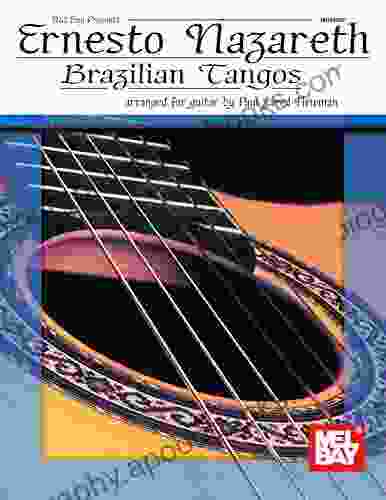
 Chuck Mitchell
Chuck MitchellUnveiling the Enchanting World of Ernesto Nazareth's...
A Musical Journey...

 Brent Foster
Brent FosterSusan Boyle: Dreams Can Come True
Susan Boyle's incredible journey from...
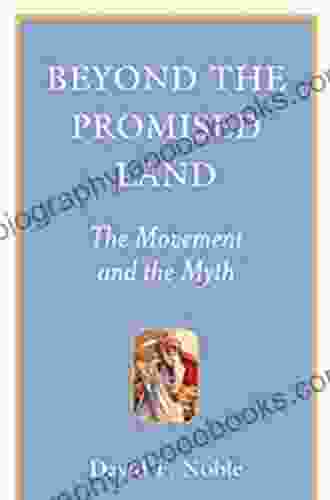
 Tom Clancy
Tom ClancyThe Movement and the Myth Provocations: Unveiling the...
In the realm of human...
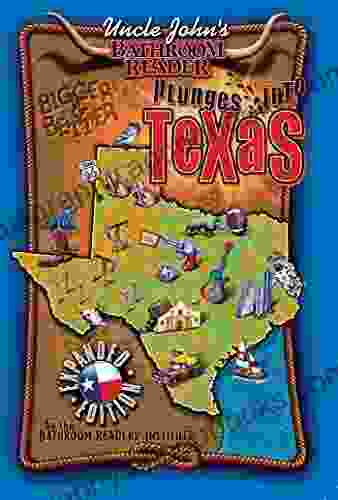
 Edward Reed
Edward ReedUncle John's Bathroom Reader Plunges Into Texas: Bigger...
Uncle John's Bathroom...
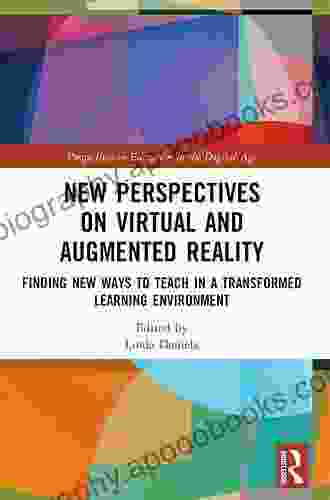
 Justin Bell
Justin BellNew Perspectives on Virtual and Augmented Reality: A...
Dive into the Cutting-Edge World of...
4.8 out of 5
| Language | : | English |
| File size | : | 3616 KB |
| Text-to-Speech | : | Enabled |
| Screen Reader | : | Supported |
| Enhanced typesetting | : | Enabled |
| Print length | : | 304 pages |
| Lending | : | Enabled |


